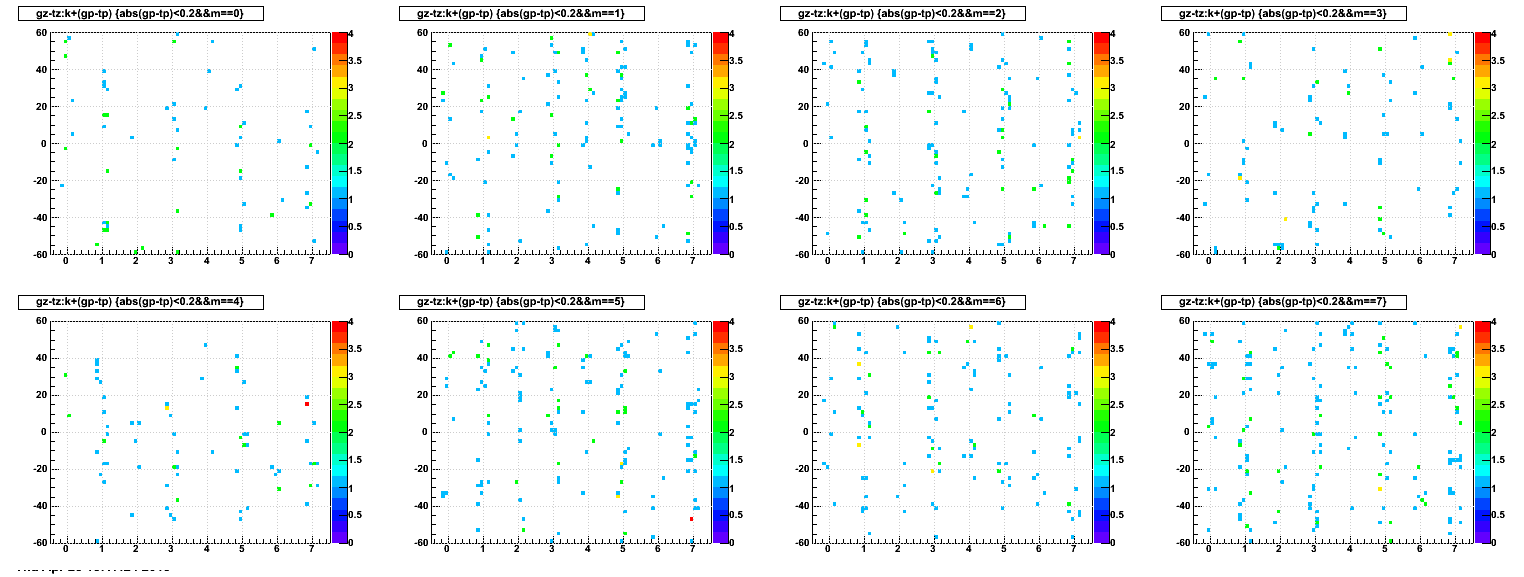- genevb's home page
- Posts
- 2024
- 2023
- 2022
- September (1)
- 2021
- 2020
- 2019
- December (1)
- October (4)
- September (2)
- August (6)
- July (1)
- June (2)
- May (4)
- April (2)
- March (3)
- February (3)
- 2018
- 2017
- December (1)
- October (3)
- September (1)
- August (1)
- July (2)
- June (2)
- April (2)
- March (2)
- February (1)
- 2016
- November (2)
- September (1)
- August (2)
- July (1)
- June (2)
- May (2)
- April (1)
- March (5)
- February (2)
- January (1)
- 2015
- December (1)
- October (1)
- September (2)
- June (1)
- May (2)
- April (2)
- March (3)
- February (1)
- January (3)
- 2014
- December (2)
- October (2)
- September (2)
- August (3)
- July (2)
- June (2)
- May (2)
- April (9)
- March (2)
- February (2)
- January (1)
- 2013
- December (5)
- October (3)
- September (3)
- August (1)
- July (1)
- May (4)
- April (4)
- March (7)
- February (1)
- January (2)
- 2012
- December (2)
- November (6)
- October (2)
- September (3)
- August (7)
- July (2)
- June (1)
- May (3)
- April (1)
- March (2)
- February (1)
- 2011
- November (1)
- October (1)
- September (4)
- August (2)
- July (4)
- June (3)
- May (4)
- April (9)
- March (5)
- February (6)
- January (3)
- 2010
- December (3)
- November (6)
- October (3)
- September (1)
- August (5)
- July (1)
- June (4)
- May (1)
- April (2)
- March (2)
- February (4)
- January (2)
- 2009
- November (1)
- October (2)
- September (6)
- August (4)
- July (4)
- June (3)
- May (5)
- April (5)
- March (3)
- February (1)
- 2008
- 2005
- October (1)
- My blog
- Post new blog entry
- All blogs
GMT Cosmic Track position correlation
First attempt, using ~140k events from run 14086031.
Open question: do we have correct which GMT module number is in which position? (8 positions, corresponding to the combinations of |η| = [0,1], side = [east,west], φ = [2,5 o'clock])
Procedure: To check, I looped over events and projected it to its closest approach to the GMT point as defined by its local coordinates in combination with each of the 8 module positions (as defined my the module number k) and took the difference in GMT vs. track positions. The track projections need to be made for each k attempted as the closest approach will be different based on the module positions. Here is the ΔZ vs. (Δφ + k) in a window of |Δφ| < 0.2, using the hits as recorded by each module m=[0..7] in each of the following 8 plots.
Discussion: There should be a locus of points near ΔZ = 0 for at least one value of k for each m (each plot). If m is correct, the loci should be at k=m; unfortunately, I see NO unmistakeable loci!
Conclusion: The plots span ±60 cm in Z and ±0.2 radians (~±44 cm) in φ. So the discrepancy is not one of just a few cm, as might be the case if the determination of local position is incorrect. However, from these plots, it appears that either the GMT hits we are seeing are dominated by noise (either out of the hardware or software), or the module numbers which are assigned to the hits are not consistently done so (not even consistently the wrong module number for each module's hits). [general opinion is that the software is producing noise at this point]

-Gene
Open question: do we have correct which GMT module number is in which position? (8 positions, corresponding to the combinations of |η| = [0,1], side = [east,west], φ = [2,5 o'clock])
Procedure: To check, I looped over events and projected it to its closest approach to the GMT point as defined by its local coordinates in combination with each of the 8 module positions (as defined my the module number k) and took the difference in GMT vs. track positions. The track projections need to be made for each k attempted as the closest approach will be different based on the module positions. Here is the ΔZ vs. (Δφ + k) in a window of |Δφ| < 0.2, using the hits as recorded by each module m=[0..7] in each of the following 8 plots.
Discussion: There should be a locus of points near ΔZ = 0 for at least one value of k for each m (each plot). If m is correct, the loci should be at k=m; unfortunately, I see NO unmistakeable loci!
Conclusion: The plots span ±60 cm in Z and ±0.2 radians (~±44 cm) in φ. So the discrepancy is not one of just a few cm, as might be the case if the determination of local position is incorrect. However, from these plots, it appears that either the GMT hits we are seeing are dominated by noise (either out of the hardware or software), or the module numbers which are assigned to the hits are not consistently done so (not even consistently the wrong module number for each module's hits). [general opinion is that the software is producing noise at this point]

-Gene
Groups:
- genevb's blog
- Login or register to post comments
